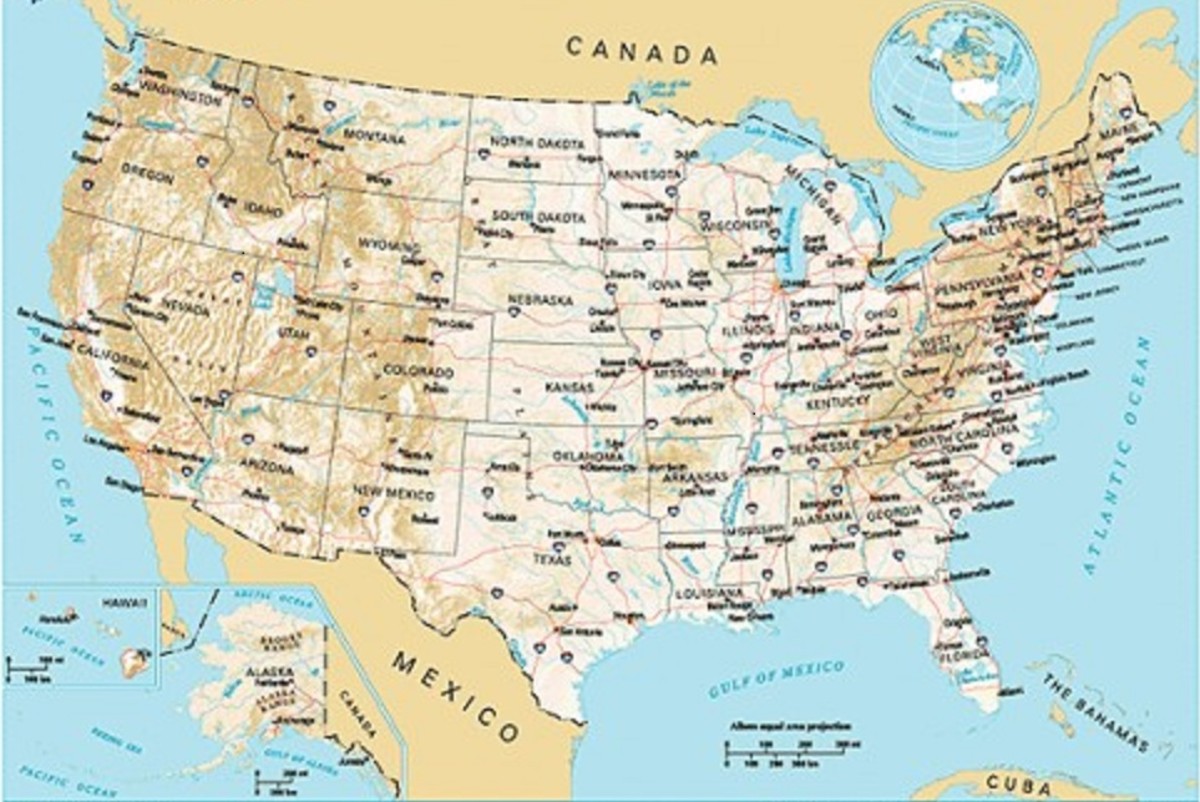The Cost of College Education

The cost of college education today seems to be a runaway train. The average cost at public universities is now more than $17,000 per year, and tuition is increasing yearly. Students and families, many already sacked by a tanked economy, have to take on mountain-size amounts of debt.
This is a national concern. Two-thirds of students graduate with at least $25,000 in debt. In 2011 student loan debt surpassed $1 trillion, more than debt owed for credit cards. And worse—25% of government student loans were defaulted on the same year.
Even if interest rates are curbed on federally subsidized loans, it won’t make a big difference to what is already owed. It forces us to look deeper and explore why college costs are rising and, in some cases, drastically so.
FACT:
College costs have outpaced healthcare costs.
Rising College Tuition: Why?
Tuition rose 73% between 1999 and 2009 at public universities and 34% at private universities. During this same period family income dropped seven percent. How do we explain this scenario? There are several elements to the problem.
- Recession. It’s simple: Less state funding means colleges have to increase tuition and fees. In fact, many colleges now derive more money from tuition than the state.
- Financial Aid. A controversial notion is that the wide availability of grants and loans makes students less sensitive to costs, thus colleges show less concern about containing them. Costs are effectively shifted from schools themselves to the government and borrowers. Colleges can raise costs without repercussions because students are still willing to pay.
- Incentives and Competition. What student doesn’t want to attend the glitziest campus with the best sports teams and highest rankings? These things better a school’s reputation, but they cost majorly. This plays into the hands of schools that well know the competition they face, competition that is literally global.
- Fixed costs and Inefficiency. Buildings and grounds, faculty and staff, insurances…you name it. Now think on this: Schools aren’t open year-round, but these facilities must be maintained. And what about the traditional summer school model, of teaching to a handful of students: Could this be changed? Could technology and distance learning be incorporated in such a way that it relieves unnecessary expense? The University of Maryland did this, including consolidating administration, purchasing systemically, and moving to single energy and software contracts, among other things. They cut $250 million from their bottom line.
Tuition-Free Education in America
College
| Location
|
|---|---|
College of the Ozarks
| Point Lookout, MO
|
Deep Springs College
| Big Pine, CA
|
UC Irvine School of Law (2012)
| Irvine, CA
|
Berea College
| Berea, KY
|
Olin College of Engineering
| Needham, MA
|
Cooper Union
| New York City
|
Curtis Institute of Music
| Philadelphia
|
Alice Lloyd College
| Pippa Passes, KY
|
Should College Be Free?
Some say that college in America should be free, like in a few nations. For instance, most bachelor programs in Germany are state-funded, the same in Finland with some masters programs fully subsidized.
Free education does exist in the U.S. (see chart). But should current public institutions become free education institutions? It would be a nice thing, but many say no.
They argue that excising one’s personal investment in their education makes them cheapen it. They point out that many people don’t value their education, if only by making low grades and goofing off, and to make college free is not fair to a paying public. Further, some just aren't made for college, which is no insult.
A better solution is to find a way American students could possibly earn their education. For instance, the GI Bill allows military persons to perform a service to the nation and so earn their education. Could something like this happen for non-military persons? Could something like Peace Corps service or a different kind of government service earn one an education? It is a worthy idea, especially when America’s educational competitive edge is being questioned and costs are creating lifelong debt. The cost of college education figures in more ways than money.








